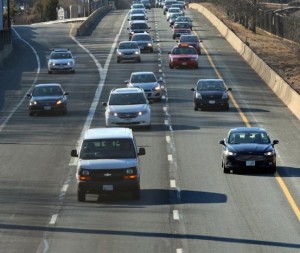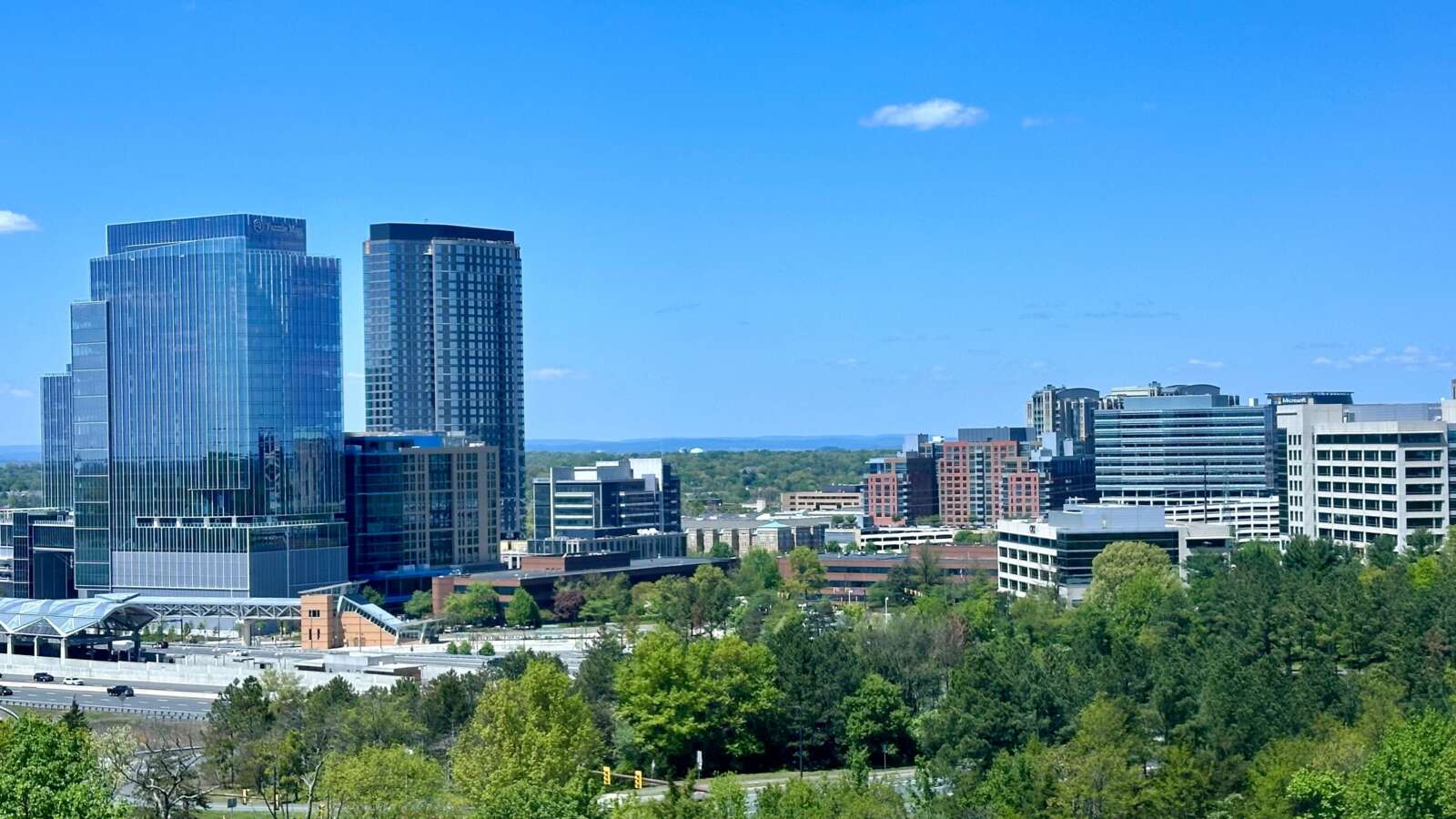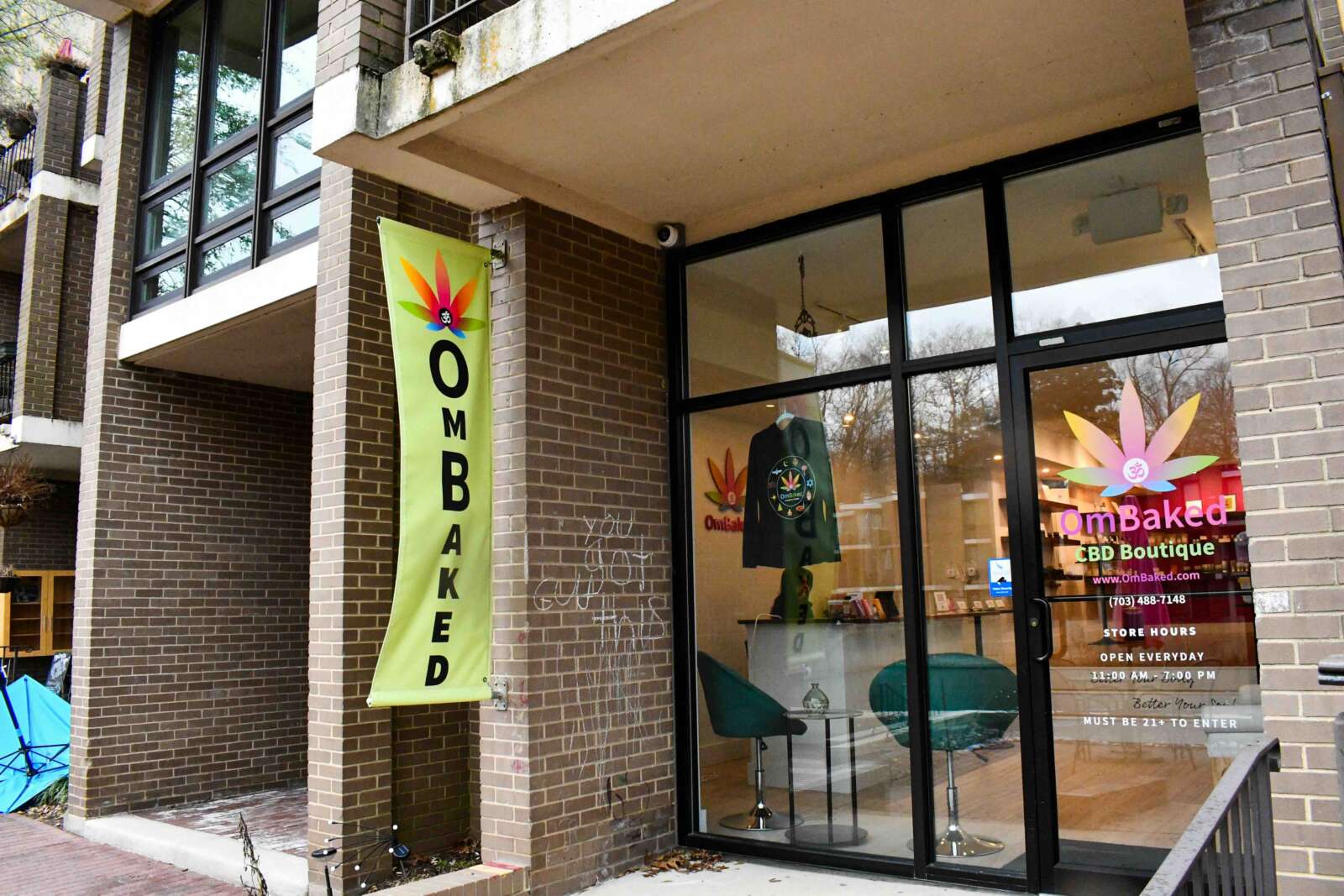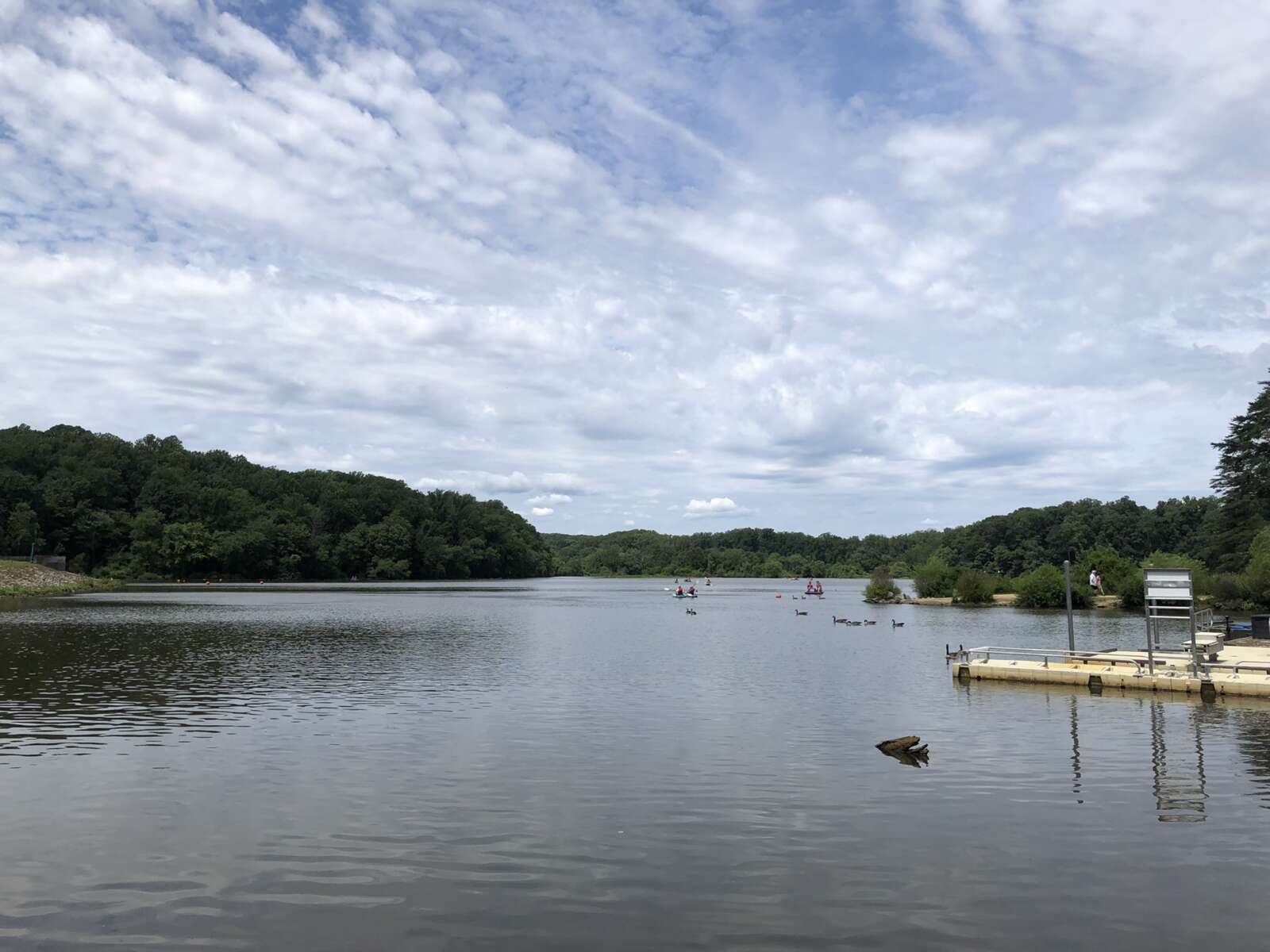 As Metro’s Safety Surge No. 5 gets underway Wednesday, it may not just be the Metro riders suffering delays and frustration.
As Metro’s Safety Surge No. 5 gets underway Wednesday, it may not just be the Metro riders suffering delays and frustration.
Commuters who opt to drive to work — bypassing the latest Orange, Blue and Silver Line track work — will be impacted too, says a new traffic report.
The report by the regional Metropolitan Washington Council of Governments looked at the first four Safety Surges. The first surge, which affected Silver/Blue/Orange riders and the traffic on the west side of DC (including the Tysons-to-Reston Silver Line stretch) had the greatest effect on traffic so far, it said.
Since June, Metro has been making changes to various stretches of tracks stages in order to do major maintenance and repair work to the system. This 10-month project will enable Metro to complete three years of work in less than a year.
The report says that during the first surge (June 4 to June 16), congestion and travel delays increased, particularly on eastbound Interstate 66 in the mornings inside the Capital Beltway and along Route 50 and the Dulles Toll Road.
Drivers also complained about traffic on the Key Bridge, M Street NW, the Roosevelt Bridge, Constitution Avenue NW and other major commuter routes in Northern Virginia.
Travel times on highways were about 10 percent longer on average during the morning commute than in 2015, and about 15 percent longer during the afternoon commute, the report says. During Surges 2, 3 and 4, the traffic effects were much smaller. The major commuter routes saw an average increase of less than 3 percent.
In the traffic data analyzed in the report, portions of I-66, the Dulles Toll Road and the George Washington Memorial Parkway experienced travel-time increases that were double — sometimes more — than the typical morning commute.
But now we are in mid-summer, and transportation officials are hopeful that less traffic in general will mean an easier commute. This latest safety surge will run through July 31.
“TPB has consistently found that travel delay drops about 15-20 percent during summer months when schools and Congress are out and more people have greater flexibility in their travel schedules,” the report says.
See the full report on MWCOG’s website.





